detail profile cheung ho
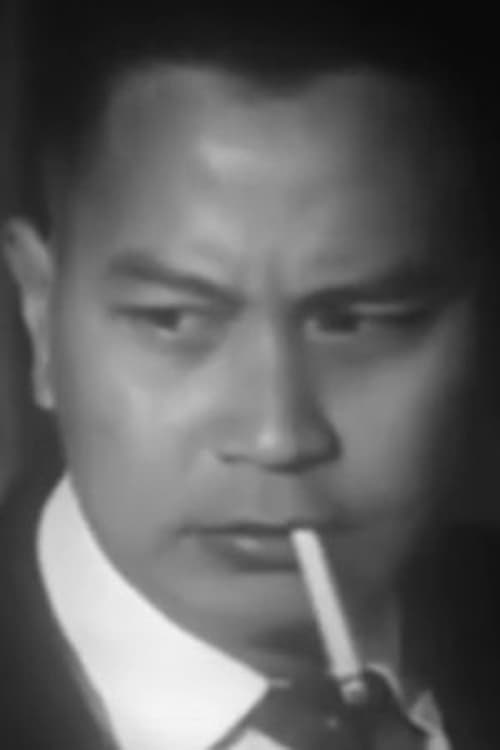
Cheung Ho
張浩
atau dikenal sebagai
Info Pribadi
Peran Yang Di Mainkan Cheung Ho
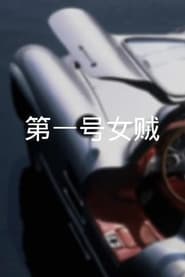 The woman thief Pak Siuyin was...
The woman thief Pak Siuyin was...The Notorious Woman Thief 1963
The woman thief Pak Siu-yin was discharged from prison and Inspector Chan has set a trap for Bak to lure the head of the gangster Yim Fong, who used to threaten Pak to commit crime for his gang.
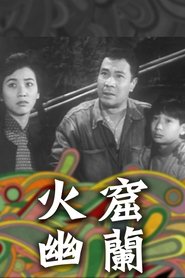 Cheung framed Chan For Chan orders...
Cheung framed Chan For Chan orders...Father is Back 1961
Cheung framed Chan For. Chan orders his wife not to tell this to their children, Ah Lan and Hung. His wife passes away. On her deathbed, she asked a neighbour, To Chung-man, to take care of her children. Claiming to be a good friend of their father, Chan For moves in to the bed next to Ah Lan to take care of his children. Hung likes this uncle because he always treats him generously. But Ah Lan finds "Uncle For" weird and enthusiastic. Ah Lan is forced to pay her mother's debt. Hung is suffering from acute appendicitis. To solve Ah Lan's financial problem, Chung-man returns to his rich family and accept an arranged marriage. Ah Lan decides to sell herself to the construction site foreman for one night. Chan For wants to stop his daughter from making this deal, so he agrees to work for Cheung again. The next day he carries out a robbery and is caught. Ah Lan and Chung-man visit him in jail, and hold their wedding ceremony in front of him. He looks forward to the days when he returns.
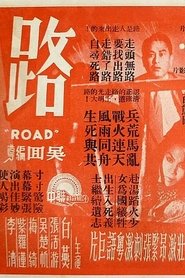 During the antiJapanese war truck driver...
During the antiJapanese war truck driver...Road 1959
During the anti-Japanese war, truck driver Lee Sing's secret mission is to transport weapons and supplies for the resistance fighters. Sing has to deliver a signal gun to guerrillas at ten on that night for launching an attack against the Japanese soldiers. He works for the Ko's family and he has to send the gun to the provincial city to prevent it from being bombed. Sing carries on his vehicle a group of passengers including a Chinese traitor, a guerilla, a compassionate nurse, a comfort woman on the run, a teacher and his pregnant wife. Sing is given a hard time by the Japanese troops on the road. The Japanese ransack the vehicle and they find the signal gun. All the males on board are being interrogated with torture, but the passengers pool their efforts to subdue the traitor and accomplish their mission.
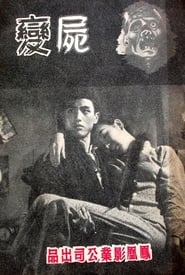 Famed director Zhu Shilin tries his...
Famed director Zhu Shilin tries his...The Living Corpse 1958
Famed director Zhu Shilin tries his hand at a horror film! The beginning of The Living Corpse immediately sets the tone with a folk duet clearly inspired by the popular 1956 musical Songs of the Peach Blossom River. The duet, in addition to Zhu's frequent use of long, empty shots and crisp editing, gives this horror film a traditional poetic charm and a strong folk flavor. Mise-en-scene and sound effects create a terrifying atmosphere, and successfully communicate the ghostliness of a world without ghosts.
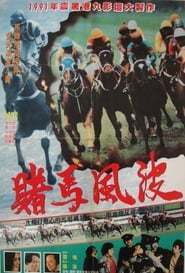 Horses is a Hong Kong Drama...
Horses is a Hong Kong Drama...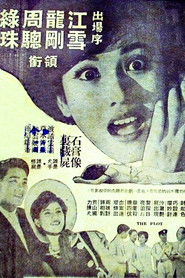 A sculptor and his girlfriend conspire...
A sculptor and his girlfriend conspire...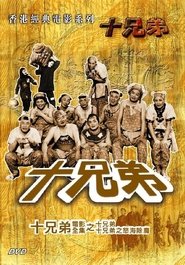 The Ten Brothers return as the...
The Ten Brothers return as the...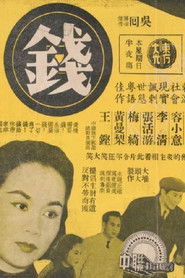 A delicious comedy from Union Film...
A delicious comedy from Union Film...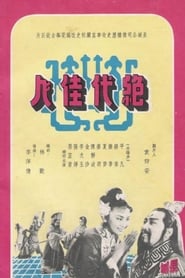 This is a story of how...
This is a story of how...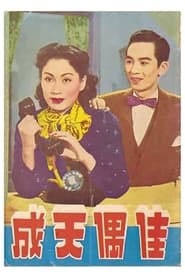 Comedy from Hong Kong directed by...
Comedy from Hong Kong directed by...